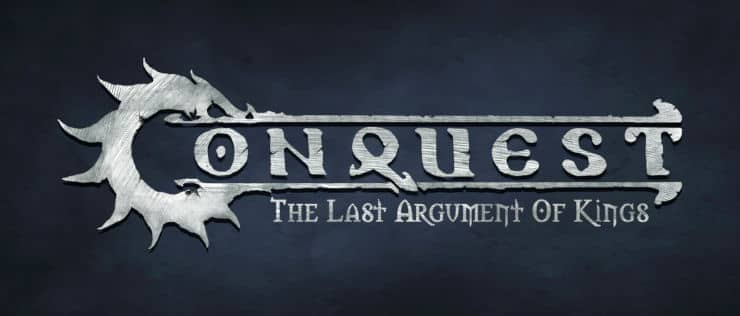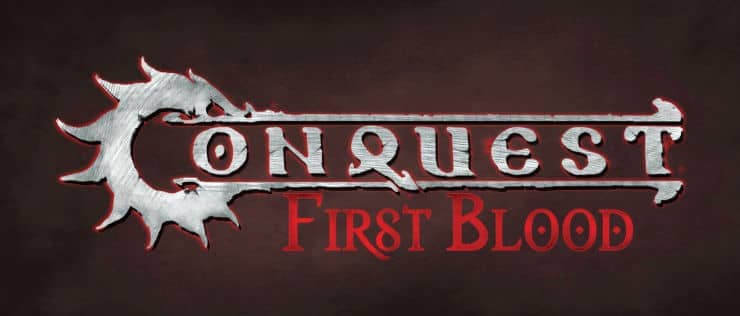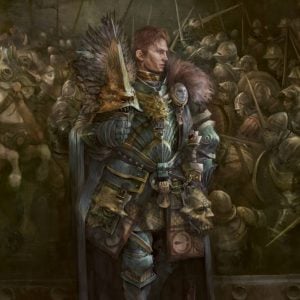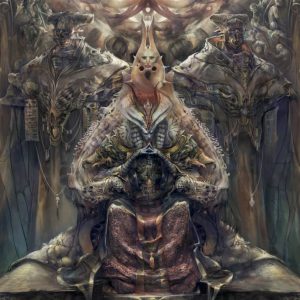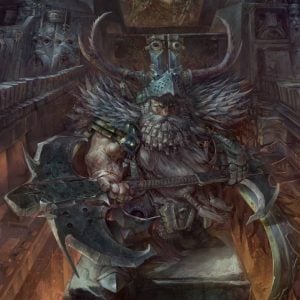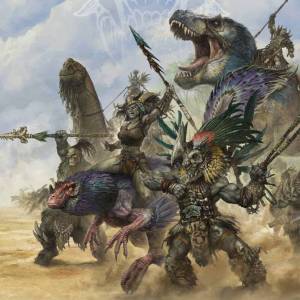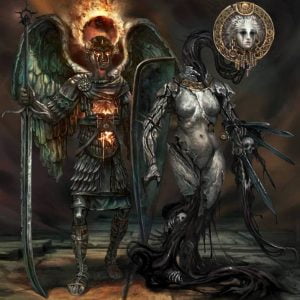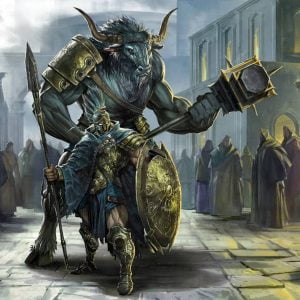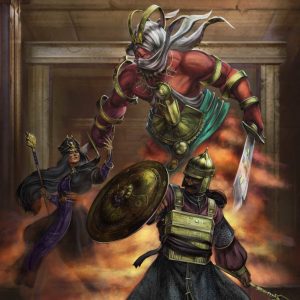
While the history of the Transcendent States dominates bardic epics and the imagery of Pallas has inspired an entire School of Art in Galania, it is the political system of the Populist Cities that has served as inspiration for endless conversations. From radical groups in shady inns to philosophical youths of the nobility in the comfort of their soirees, the idea of a society where the individual is valued enough to contribute to a State’s policies has intrigued thinkers far beyond the borders of the City States.
Most look at this unprecedented concept at face value; these societies have embraced all within their walls, presenting a seemingly seamless coexistence which promotes discussion, cooperation and constant societal evolution. And indeed, visitors would be quick to notice the citizens of such a State walking freely and equal in its streets. They would see them gathering in the Agora, where the Ekklisia of citizens would discuss and decide on the fate of its own city, from simple matters like the restoration of streets or the erection of new statues to enhance the city’s splendor, to big works like the expansion of the walls or the declaration of war. Human and Bred, be they Satyrs, Fauns, Minotaurs or Centaurs, make up their state’s mind, even as they listen to its voice; a collective society but one which also never loses sight of each and every person in its ranks. It is a perfect union of individuals embodied by its marble statue with a firm fist made of different fingers; one which rushes with passion and force to meet its destiny and crash its enemies.
But should one look closer at this perfect image, one would notice the cracks in this marble statue’s face; for States with a unified voice, the Demagogue Cities are in their core more divided than most. It would be a philosophical debate in itself to pinpoint the source of this division; its agents are apparent. Deprived of the contingencies Platon’s overseeing philosopher-kings would offer, the procedures of the Ekklisiae would soon inspire aggressively ambitious individuals and opportunists with a talent for persuasion. In time, the claim to electoral offices would become a profession in itself, one whose success depended on an inspired and loyal following that would readily support one’s views. In a society with obvious divisions in creeds and races, the avenue to success was not hard to detect.
During those philosophical discussions in lands far beyond, there is always one who rushes to remind the rest of the sad truth: much like the rest of Platon’s experiment, these City States have failed, subject to the predations of demagogues that seek to capitalize on their systemic flaws. One could indeed see free citizens shout their prices with gusto from behind stands and shops with anything from silk and spices to fresh fish and vegetables that they have gathered by hand. They would perhaps also notice how a human would scarcely look at the Bred seller and vice versa, or how one would openly scorn those who support opponents in the Ekklisia.
The scars on the society of Demagogue Cities extend far beyond the obvious and the ferocity of division is perhaps even harsher between the Bred and the humans themselves. Calling a Satyr a “Faun” even by accident could very well result in one’s body to be found among the morning’s catch. Doing the opposite could spawn a grudge that would never be forgotten and would potentially be repaid with great imagination and far beyond the limitations of mere insult, no matter how grave. The degrading names that humans use for different types of Bred (calling a Minotaur a cow is a favorite, even if rarely in one’s presence) have not only been adopted as insults by the Bred but embraced with gusto. While perhaps less obvious, the divisions among humans are no less vicious. When listened to with care, those inspiring discussions in the Agora are rarely much more than venomous rumors and veiled, or not-so-veiled insults that rarely have anything to do with the matter to be decided. The ideal of logic and the prevailing structured argument has long been abandoned and the Ekklisiae have become glorified slandering platforms. Trade wars have been declared on purely political grounds, that have financially crippled entire families.
When such tactics prove to be insufficient, violent clashes, coups and tyrants are ready to appear when offered enough support, only to be overthrown, sooner rather than later. This process has been repeated so many times and with such consistency that Vomophonos, in his comedy “Theemos”, would have its protagonist be asked “Τύραννον εἶχες;” (“Did you have a tyrant?”) when he claims he comes from a populist state, as if this would verify his claim. Apart from dry humor, however, there were much more lasting repercussions.
Coups and tyrants would often find support among the oppressed Bred, who would in turn see their rights suffering further when populism would be restored. What’s more, the law often foresees that one’s family will be held accountable for one’s transgressions, having failed to produce a worthy, lawful citizen. Voting rights will be revoked for a generation or more, either completely or for some types of votes, until eventually, some citizens will be ever so slightly less equal than the rest. Most Bred and some human families today are allowed to vote only on specific matters of lesser importance, while only few could run for office, even if they thought they did stand a chance to win. More often than not, these join the military, whose regular rank-and-file soldiers lack many voting rights anyway but have a guaranteed salary and place in society. In the end, that too serves the demagogues that saw them in that position at the first place; the might of the City is a favorite subject of the Ekklisia.
The damage to Platon’s idea of a unified society was not done overnight and in many ways that is where its “success” lies. Little by little, the differences, not only those physically apparent, but also in views, opinions and ideas would be marked with lines that would only deepen with each generation. Yet somehow, despite these adversities, or perhaps because of them, these Cities have no less strength and majesty to present. Even if constructed to satisfy a successful demagogue’s ego, impressive walls and giant statues have been erected, while entire fleets have been forged and Bred-enhanced armies have been kept in excellent condition to inspire one’s fearful supporters. What if those walls are named after them, if the statues depict the megalomania of some or if the names of the fleet’s ships carry the names of individuals that did more harm than good? The strength and might they both project are real, and the forces that can be fielded can wreak havoc. And the moment a demagogue seeks to create enemies beyond the city’s walls, this strength will prove just how real they are.

